
Recommendation
As humans, increasingly, outsource their conversations to technology, communication expert Celeste Headlee argues convincingly for more in-person face time. She describes the deleterious effects of electronic messaging on human empathy. With humor, she explains how to improve the quality of both interpersonal and professional communications. Hint: Replace email with face-to-face interactions.
Summary
About the Speaker
Radio journalist and broadcaster Celeste Headlee is a co-host of the weekly series Retro Report on PBS. Her TED Talk, “10 Ways to Have a Better Conversation,” has received more than 25 million views.
By the same author
Learners who read this summary also read
Book
Book
Book
Book









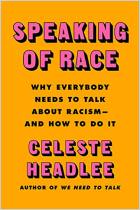

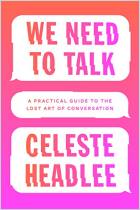
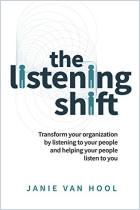
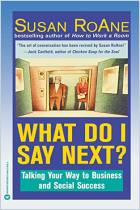
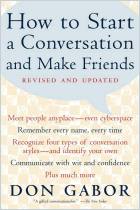
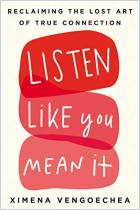
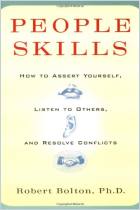
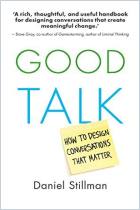






Comment on this summary or Diskussion beginnen